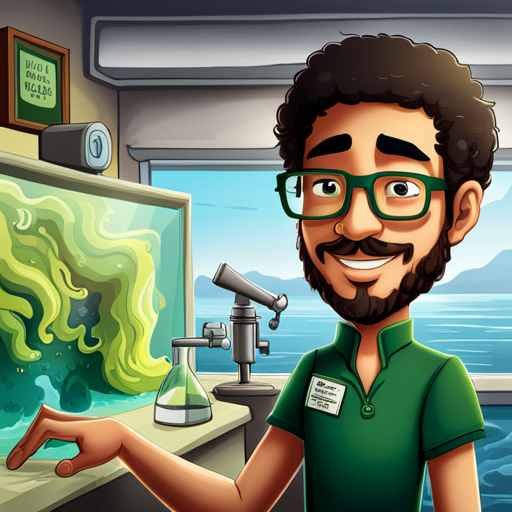Algae dewatering is a crucial step in the processing of algae, especially for the production of biofuels and other bioproducts. The two most common methods used are mechanical pressing and screw press filters. Both methods are effective but have their unique advantages and drawbacks. This article will delve into the specifics of these two techniques, comparing their effectiveness, efficiency, and potential environmental impact.
Mechanical pressing is a dewatering technique that involves the use of pressure to force water out of the algae biomass. The process usually begins with the algae slurry being fed into a press where it is subject to high pressures, forcing the liquid to be squeezed out through a fine mesh or screen, leaving behind the solid algae biomass. This method is often favored for its simplicity and cost-effectiveness. It requires less energy than some other methods and does not require the use of chemicals which can be harmful to the environment.
However, mechanical pressing does have its limitations. One significant drawback is that it often results in a wetter cake (the remaining solid biomass) compared to other methods. This can increase drying costs downstream if a particularly dry cake is required. Furthermore, it can also lead to cell rupture due to the high pressures involved, potentially leading to product losses.
On the other hand, screw press filters work on similar principles as mechanical pressing but incorporate a screw mechanism to enhance dewatering. The algae slurry is fed into a rotating screw that conveys it through a narrowing channel. As the channel narrows, pressure is applied to the slurry forcing water out through a permeable casing.
Screw press filters typically yield a drier cake compared to mechanical pressing because of their continuous operation and increased pressure application towards the end of the channel. They are also more flexible as they can be adjusted to handle different types of algae species and slurries with varying solid contents.
However, screw press filters tend to be more energy-intensive due to their need for continuous operation. They also generally require more maintenance due to the moving parts involved. Like mechanical pressing, they can also cause cell rupture due to high pressures applied.
In terms of environmental impact, both methods have their pros and cons. Mechanical pressing tends to use less energy but may require additional drying steps which could increase overall energy consumption. Screw press filters may use more energy but typically yield a drier cake reducing downstream drying needs.
In conclusion, both mechanical pressing and screw press filters offer effective solutions for algae dewatering. The choice between them largely hinges on factors such as energy availability and cost, desired dryness of the resulting cake, type of algae species being processed, initial solid content of the slurry, and environmental considerations. It’s essential for operators in the algae processing industry to understand these factors in order to make an informed choice.

